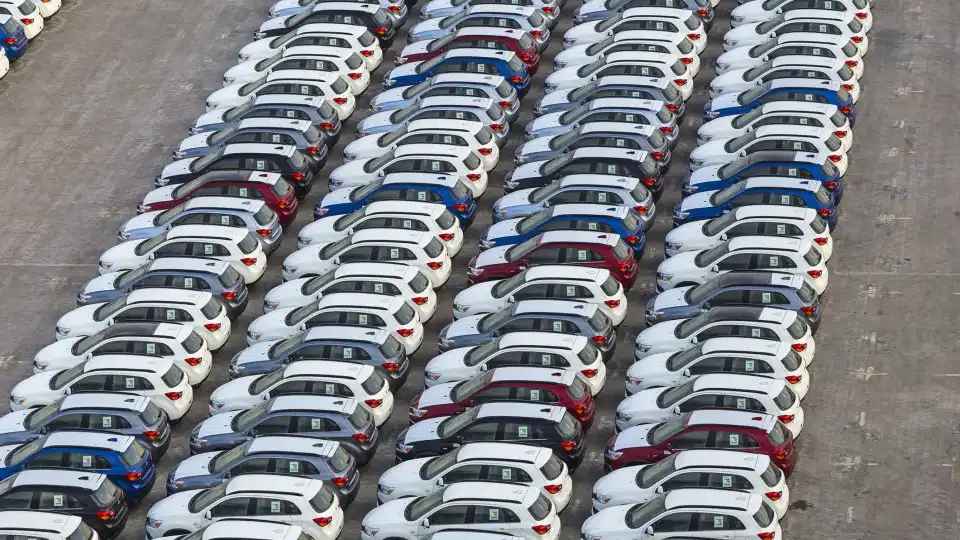Ban on new petrol and diesel cars threatens EU sovereignty
The European Court of Auditors has warned that the ban on the sale of new petrol and diesel cars from 2035 could jeopardize European leadership, due to a lack of competitiveness, especially in the manufacture of batteries.

© iStock

Auto TCE
In a report published today, the European Court of Auditors (ECA) highlights a possible clash between the European Green Deal and the European Union's (EU) "industrial sovereignty" with the commitment to electric vehicles.
The ECA found that, despite significant public support, EU-made batteries "continue to cost significantly more than expected", which affects the competitiveness of European electric cars compared to other global producers, and could also "make European electric cars unaffordable for a large part of the population".
Less than 10% of global battery manufacturing is based in Europe, the text highlights, with the vast majority being produced in China.
The EU battery sector is dependent on imports of raw materials from countries with which the bloc does not have proper trade agreements: 87% of raw lithium comes from Australia, 80% of manganese from South Africa and Gabon, 68% of cobalt from the Democratic Republic of Congo and 40% of graphite from China, the institution notes.
The ECA also warns that charging infrastructure for vehicles still poses many obstacles, both due to a lack of supply and the absence of a harmonised means of payment.
Given the difficulty in reducing greenhouse gas (GHG) emissions in the road transport sector and the poor development of biofuels, the EU is betting on electric vehicles as the best possible alternative.
Reducing or eliminating CO2 emissions from passenger cars is a key part of the European climate strategy, which aims to achieve net-zero GHG emissions by 2050, the year in which the EU is due to become carbon neutral.
Read Also: U-turn in sight? After all, Xavi is already considering staying at Barcelona (Portuguese version)

Descarregue a nossa App gratuita.
Oitavo ano consecutivo Escolha do Consumidor para Imprensa Online e eleito o produto do ano 2024.
* Estudo da e Netsonda, nov. e dez. 2023 produtodoano- pt.com





